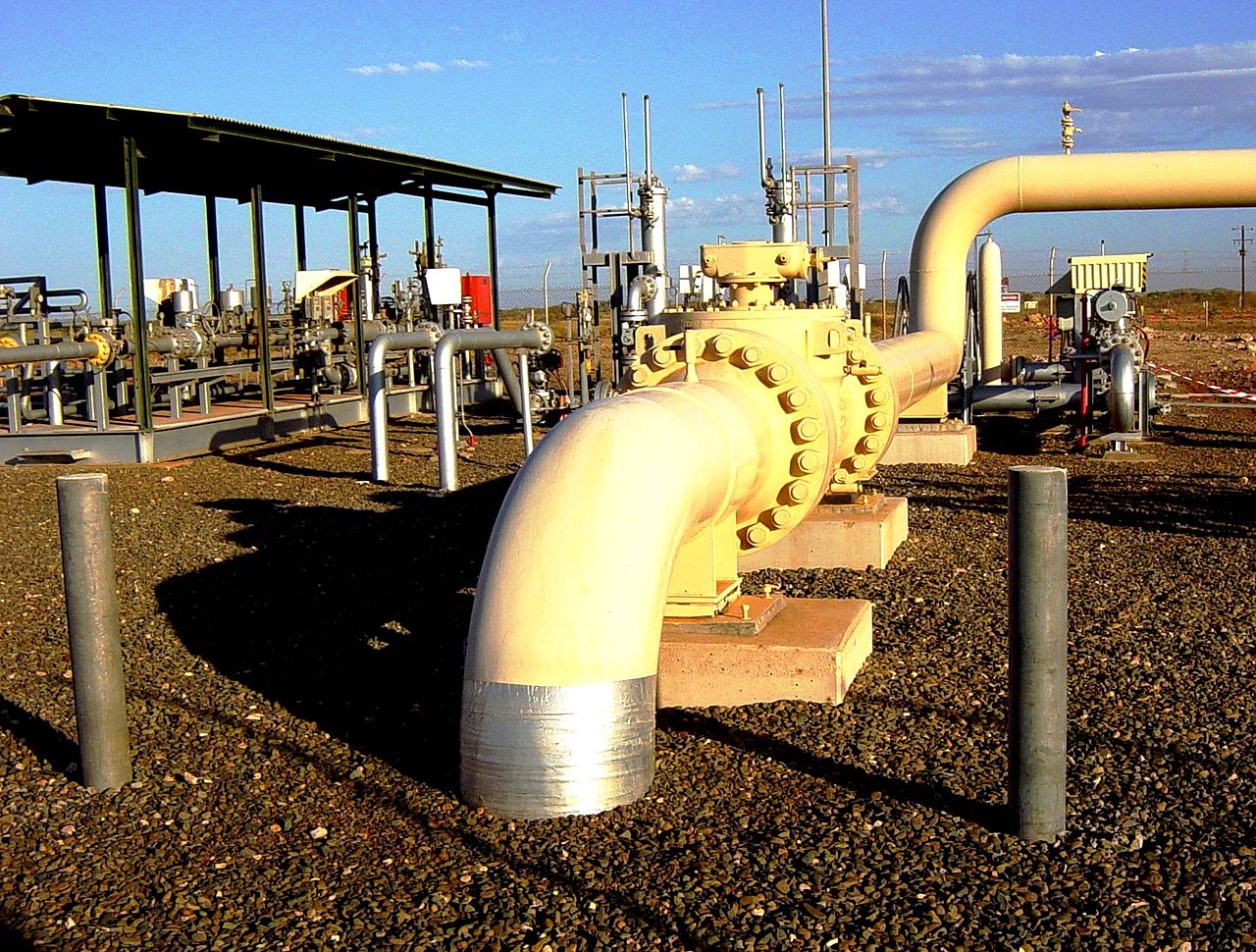WARSAW (Parliament Politics Magazine) – Gazprom, the Russian energy behemoth, has stopped export of gas to Bulgaria and Poland due to the nations’ refusal to pay in rubles for supplies.
Until payments are completed in Russian currency, services won’t be restored according to the company.
This happened after Russian President Vladimir Putin ordered that “unfriendly” countries pay in roubles for their gas.
Poland acknowledged that supplies had been cut off, while Bulgaria stated it was unclear whether they had been cut off.
Countries pay for their gas in advance, but as they prepare to pay for future deliveries, Russia has remained steady in its demand that new purchases be made in rubles, which it made last month.
Mr Putin’s ultimatum, in which he stated that current contracts would be terminated, has been interpreted as an attempt to support the rouble, which has been severely damaged by Western sanctions.
The halting of shipments to Poland and Bulgaria, according to Nathan Piper, head of oil and gas research at Investec, is the start of Russia imposing economic pressure on Europe, and a move that might “escalate” with additional EU countries.
The deputy foreign minister of Poland stated that the country could survive without Gazprom’s gas and that the country had taken some steps years ago to prepare for a situation like this.
According to what Marcin Przdacz told the BBC, there were options to receive the gas from other partners, such as the United States and Gulf countries.
He was confident that they would be able to handle it, he told the BBC.
The suspension was regarded as a violation of contract by PGNiG, which purchased 53 percent of its gas imports from Gazprom in the first quarter of this year. The company said it will take steps to restore the gas supply.
Meanwhile, Bulgaria’s energy minister, Alexander Nikolov, said the country had paid for Russian gas deliveries in April and that if the supply is halted, Gazprom will be in breach of its current contract.
It was apparent that (Russian) natural gas was being utilised more as an economic and political weapon in the ongoing war, Mr Nikolov added, since all trade and legal duties were being observed.
Bulgaria, which gets over 90% of its gas from Gazprom, said it had taken measures to discover alternate suppliers but that no curbs on gas usage were necessary at the moment.
According to Bulgartransgaz, the executive director of Bulgarian gas network operator, supplies to Bulgaria are still flowing.
Russian gas is also transported to Serbia by Bulgaria and then to Hungary via an extension of the Turk Stream pipeline. Gas supplies were also said to be normal in Austria and Hungary.
Petr Fiala, the Czech Republic’s Prime Minister, stated that the government has received no signs or information indicating a disruption in gas supplies, but that it must be prepared for any eventuality.
The central European country is nearly totally reliant on Russia for gas.
On Wednesday, top lawmaker of Russia said that stopping gas supplies to Bulgaria and Poland was the appropriate option, and that the same must be done by Moscow with other “unfriendly” countries.
The speaker of Russia’s lower house of parliament, the Duma, Vyacheslav Volodin, wrote on his Telegram channel, The same should be done with reference to those countries that were unfriendly to them.
Russia is using gas as a tool of blackmail, according to European Commission President Ursula von der Leyen.
This was inexcusable and unjustified. It also demonstrated Russia’s unreliability as a gas provider, she stated.
The suspension of shipments to Poland and Bulgaria, according to Investec’s Mr Piper, is the start of Russia imposing economic pressure on Europe.
Despite the fact that demand for gas in Europe is dropping as summer approaches, risks around Russian gas supplies were keeping the prices high, putting pressure on consumers and business, he said.
Russia’s latest move pushed European gas prices further higher on Wednesday, with a 24 percent increase.





